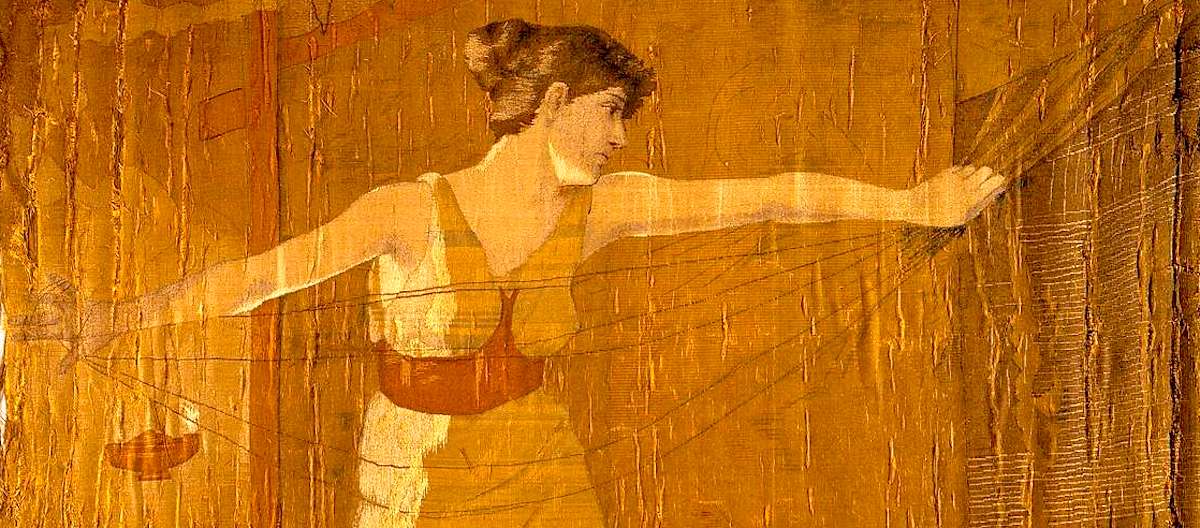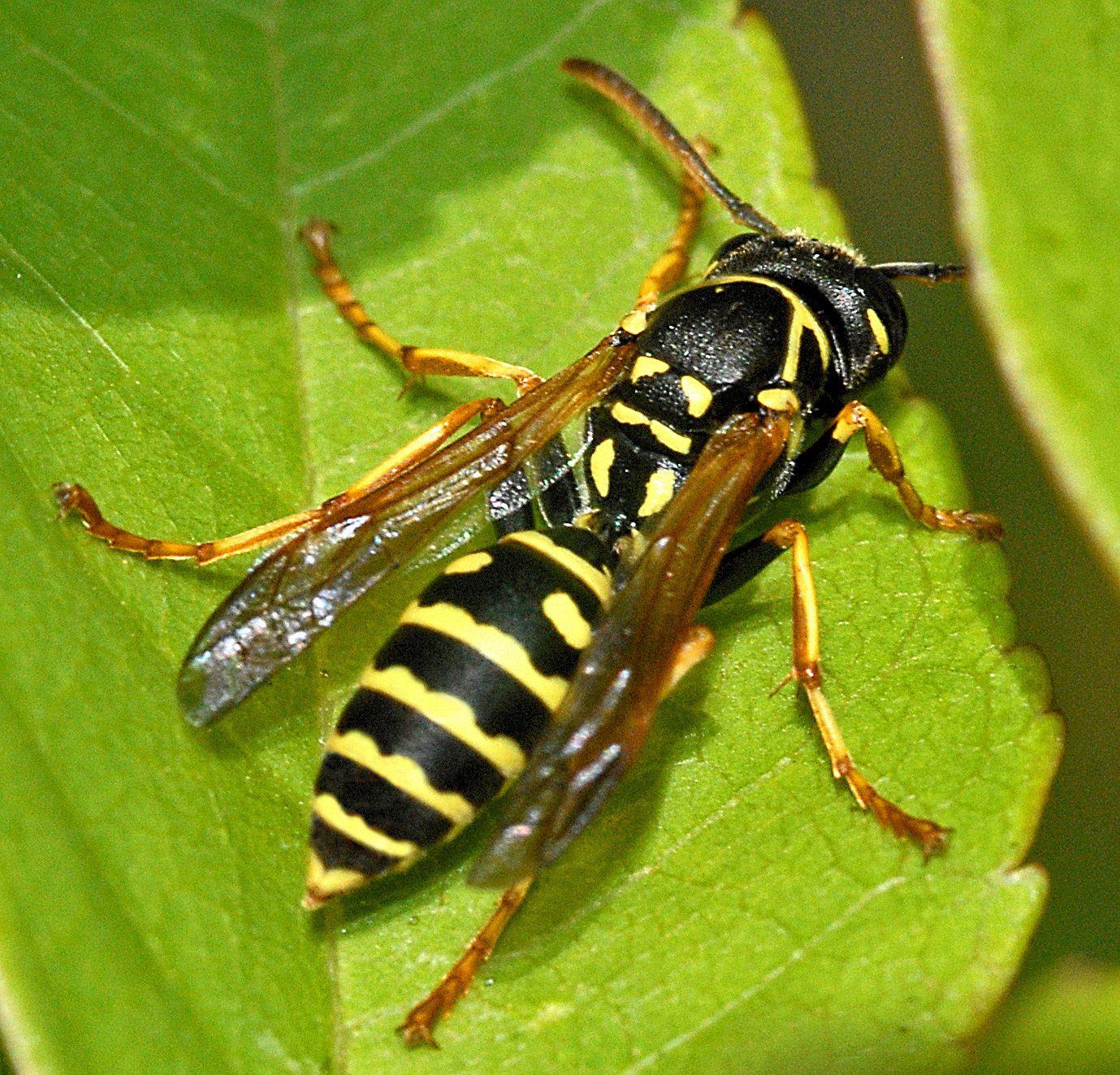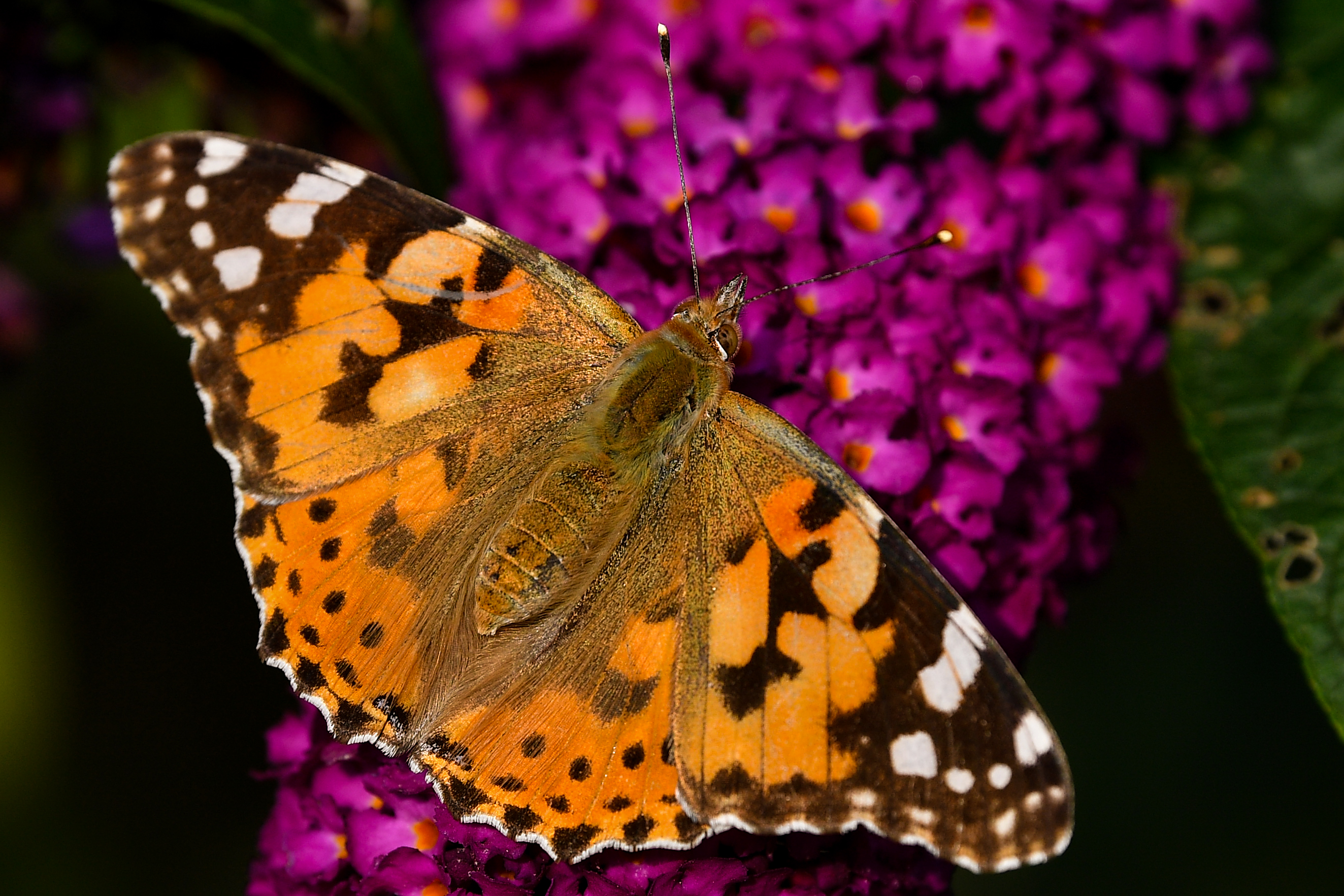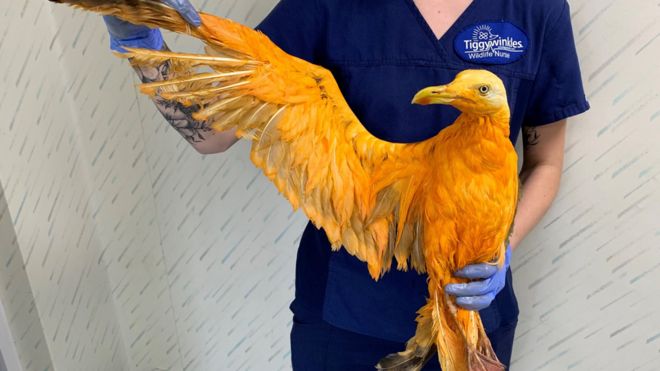Welcome to thee first of our monthly links for 2020. Here are links to items you may have missed the first time round, but will be glad you’ve now found. We’ve collected a huge number of items this month, so lets get stuck in …
Science, Technology, Natural World
You may well poo-poo astrology (and who should blame you!) but there is an argument that it paved the way for predictive, analytical science.

In the western world we do a lot to mask our body odour. Here’s some of the chemistry behind what we’re trying to mask.
Science’s theoretical models can be complex, however the most successful ones usually aren’t. [££££]
So how is it that some trees life 1000 years, apparently healthily?
Health, Medicine
I know my body temperature is naturally low, but it now seems that human body temperature is generally cooling over time. Two looks at this from New Scientist [££££] and Scientific American [££££]
Six curious facts about our sense of smell.
The whole situation around the new Chinese Coronavirus is moving so fast I’m not going there with blog posts. However here is something about the viruses which cause colds and flu.
While mentioning flu, researchers are now discovering that injecting the flu vaccine into a tumour stimulates the immune system to attack it.
Medics are coming to the opinion that many mental health conditions, from depression to dementia, are caused by inflammation.
The vaginal, uterine, cervical, clitoral, urinary, rectal, and muscular dimensions of the pelvis: the VAGGINA hypothesis.
Which takes us nicely on to …
Sexuality
Apparently almost half of British women have poor sexual health, around three times the rate for men.
Here’s something I didn’t know … One part of this is poor sexual health is that some women have incredibly painful orgasms. It’s not clear if this also affects men.
But men do have sexual problems too: it is thought that around 10% of men have Peyronie’s disease, which causes significant bending of the penis; it’s often painful and prevents sex.
One woman talks about how wanking brought her closer to her husband. [NSFW]
Environment
One UK scientist is suggesting that half the country’s farmland should be transformed into woodlands and natural habitat to fight the climate crisis and restore wildlife.

Following in the footsteps of the Woodland Trust, the National Trust to plant 20 million trees in the UK over the next decade as part of efforts to achieve net zero emissions by 2030.
It’s reported that London’s new year fireworks increased air pollution with a legacy of metal particles. Why is anyone surprised?
York is the latest city (following Bristol and Birmingham) to plan on banning private car journeys from the city centre.
I’ve been saying this for twenty years: the majority of business air travel is unnecessary; there are more environmentally, financially and employee friendly ways of doing business – and they’re just as effective. Why is there no will to grasp this?
Social Sciences, Business, Law
Hansard is the official record of business in the UK’s parliament. Here’s something on how their reporters handle getting to grips with an influx of new MPs.
Art, Literature, Language
OK, so who understands what sodomy actually is, at least according to the medieval world view. [LONG READ]
An Italian art gallery has discovered its stolen Gustav Klimt painting in a wall.
History, Archaeology, Anthropology
Archaeologists have found the graves of high-status Romans in Somerset.
Here’s a series of long reads from Going Medieval about medieval life …
The most maligned of creatures, since ancient times, the wolf has a central role in mythology. [LONG READ]
Medieval people were nicer to cows than we are now. [LONG READ]
Medieval courtly love was just as full of pick-up artists as other times. [LONG READ]

There’s a subset of society who (erroneously) believe the medieval Church was a shadowy organisation dedicated solely to suppressing knowledge and scientific advancement. [LONG READ]
No medieval people weren’t dirty. Yes, mediaval people bathed – a lot more than we think. They even invented soap! [LONG READ]
It’s interesting what you can find in the sludge of a London medieval cesspit.
Slightly nearer our own time, it seems that Columbus may well have been right in his claims of cannibals in the Caribbean.
Lifestyle, Personal Development
A Utah (think Salt Lake City and Mormons) court convicts a mother of lewd behaviour for bearing her breasts in front of her children. But is being naked around your own kids good for them? Spoiler: yes.
The “power of bad” and the “curse of good”. We’re living in a gilded age but can we defeat negativity?
There is some surprising psychology behind being perpetually late.
Shock, Horror, Humour, Wow!
And finally, the United Kingdom wins a Darwin Award for Brexit. Well who would have guessed?!






 An article on the American
An article on the American 










